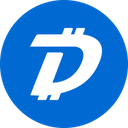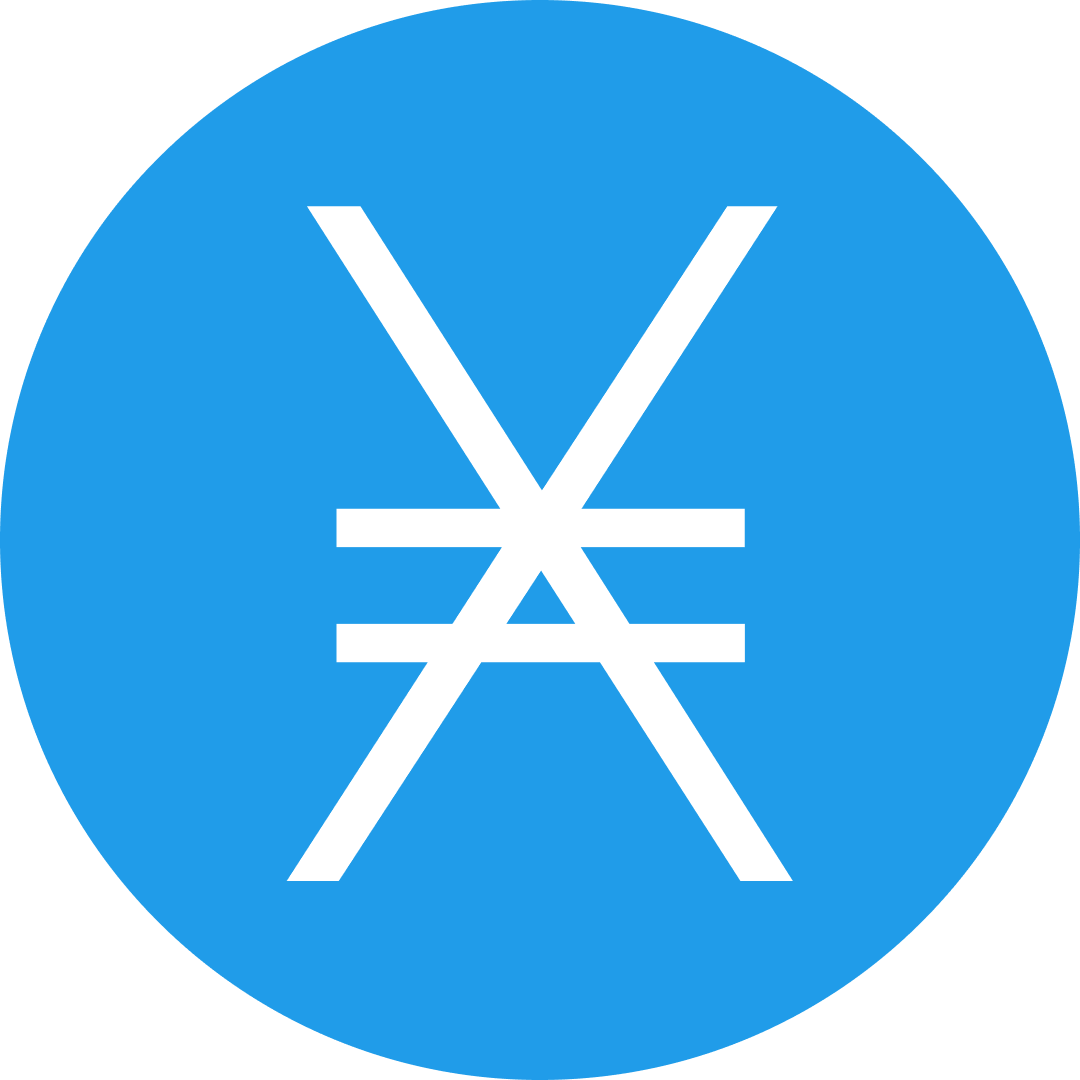-
 bitcoin
bitcoin $107015.826941 USD
-2.18% -
 ethereum
ethereum $3637.352324 USD
-5.18% -
 tether
tether $0.999831 USD
-0.02% -
 xrp
xrp $2.338078 USD
-6.23% -
 bnb
bnb $998.272150 USD
-6.97% -
 solana
solana $167.598257 USD
-10.12% -
 usd-coin
usd-coin $0.999863 USD
0.01% -
 tron
tron $0.282573 USD
-5.09% -
 dogecoin
dogecoin $0.169891 USD
-7.39% -
 cardano
cardano $0.557554 USD
-7.03% -
 hyperliquid
hyperliquid $39.914802 USD
-5.85% -
 chainlink
chainlink $15.414549 USD
-9.97% -
 bitcoin-cash
bitcoin-cash $510.361911 USD
-4.26% -
 ethena-usde
ethena-usde $0.999194 USD
-0.03% -
 stellar
stellar $0.282092 USD
-6.07%
What coins are supported on Coinbase?
Coinbase supports major cryptocurrencies like Bitcoin, Ethereum, and Solana, along with stablecoins such as USDC and USDT, offering users a secure platform to trade and store digital assets.
Jul 09, 2025 at 04:00 am
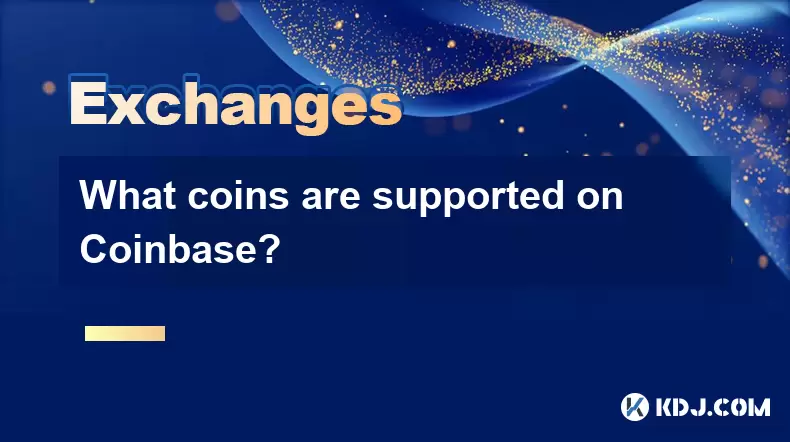
Understanding Coinbase and Its Role in Cryptocurrency
Coinbase is one of the most widely used cryptocurrency exchanges globally, known for its user-friendly interface and robust security features. It serves as a platform where users can buy, sell, trade, and store various digital assets. One of the most frequently asked questions by new users is: what coins are supported on Coinbase? This article aims to provide a comprehensive answer while staying strictly within the scope of cryptocurrency.
List of Major Cryptocurrencies Available on Coinbase
Coinbase supports a wide variety of cryptocurrencies, ranging from well-established ones like Bitcoin (BTC) and Ethereum (ETH) to newer altcoins. The exchange regularly updates its listings based on market demand, regulatory compliance, and technological readiness. As of the latest update, some of the major cryptocurrencies available include:
- Bitcoin (BTC)
- Ethereum (ETH)
- Cardano (ADA)
- Solana (SOL)
- Polkadot (DOT)
- Litecoin (LTC)
- Chainlink (LINK)
- Uniswap (UNI)
- Aave (AAVE)
Each of these tokens has its own blockchain ecosystem and utility, making them popular choices among investors and developers alike.
Stablecoins Supported on Coinbase
In addition to volatile cryptocurrencies, Coinbase also supports several stablecoins, which are digital currencies pegged to real-world assets such as the US dollar. These include:
- USD Coin (USDC)
- Tether (USDT)
- Dai (DAI)
Stablecoins are essential for traders looking to hedge against price volatility or transfer funds quickly between different crypto assets without converting back to fiat currency.
How to Check New Listings on Coinbase
Coinbase often adds new cryptocurrencies based on community interest and technical feasibility. Users who want to stay updated with new coin additions can follow these steps:
- Visit the Coinbase Assets page directly from their official website.
- Subscribe to Coinbase announcements via email or social media channels.
- Use the 'Add Assets' feature within the Coinbase app to see which coins are currently under review.
- Monitor Coinbase’s official blog for any upcoming listings or removals.
This proactive approach ensures that users don’t miss out on newly added cryptocurrencies that might align with their investment strategy.
Regional Availability and Compliance Restrictions
It's important to note that not all cryptocurrencies listed on Coinbase are available in every region. For instance:
- Some states in the United States may restrict certain tokens due to local regulations.
- Countries outside the U.S. may have limited access to specific altcoins due to compliance requirements.
Users should always check the availability of a particular coin in their region before attempting to trade. Additionally, Coinbase complies with Know Your Customer (KYC) and Anti-Money Laundering (AML) regulations, which means some coins might be delisted if they fail to meet legal standards.
How to Trade or Store Supported Coins on Coinbase
Once users identify which coins are supported, they can proceed to trade or store them using the following process:
- Log into your Coinbase account and navigate to the 'Trade' section.
- Search for the desired cryptocurrency using the search bar.
- Select the appropriate trading pair (e.g., BTC/USD or ETH/USDC).
- Choose either a market order or limit order depending on your trading preference.
- After purchasing, you can choose to leave the coins in your Coinbase wallet or transfer them to an external wallet for enhanced security.
For storage, Coinbase offers both custodial wallets (managed by Coinbase) and integration with non-custodial wallets like Coinbase Wallet, which gives users full control over their private keys.
Frequently Asked Questions
Q1: Can I stake or earn rewards on supported coins through Coinbase?Yes, Coinbase offers staking services for select cryptocurrencies like Ethereum (ETH), Cardano (ADA), and Tezos (XTZ). Users can earn passive income by locking up their assets, although rewards vary depending on network conditions and staking duration.
Q2: Are all supported coins tradable against USD on Coinbase?Not necessarily. While many cryptocurrencies can be traded against USD, EUR, or GBP, some may only be available in pairs with USDC, BTC, or ETH. Always verify the available trading pairs before initiating a transaction.
Q3: How does Coinbase decide which coins to add or remove?Coinbase evaluates potential listings based on several factors including community demand, security audits, team transparency, and regulatory compliance. Removals typically occur when a token violates platform policies or fails to maintain sufficient liquidity.
Q4: Is there a way to request the addition of a new cryptocurrency on Coinbase?While individual requests are not accepted, Coinbase encourages users to submit feedback through their official support portal. Community-driven campaigns and developer submissions also play a role in influencing future listings.
Disclaimer:info@kdj.com
The information provided is not trading advice. kdj.com does not assume any responsibility for any investments made based on the information provided in this article. Cryptocurrencies are highly volatile and it is highly recommended that you invest with caution after thorough research!
If you believe that the content used on this website infringes your copyright, please contact us immediately (info@kdj.com) and we will delete it promptly.
- MoonBull, Crypto Presales, and Solana WLFI: Riding the Wave to Big Gains
- 2025-11-05 03:25:02
- BeCEXY: Unlocking CEX Token Rewards with Hidden Codes in Web3 Gaming
- 2025-11-05 02:50:02
- Decred, Dash, and Internet Computer: Privacy, Predictions, and Unexpected Pumps!
- 2025-11-05 02:50:12
- BlockchainFX, Digitap, Crypto Coin: Decoding the Next Big Thing in 2025
- 2025-11-05 02:50:12
- Bitcoin Liquidations, Smart Money, and $HYPER: Decoding the Crypto Dip
- 2025-11-05 02:55:01
- SMCI Stock: Navigating Q3 Results and Trader Moves in the AI Frenzy
- 2025-11-05 02:40:01
Related knowledge
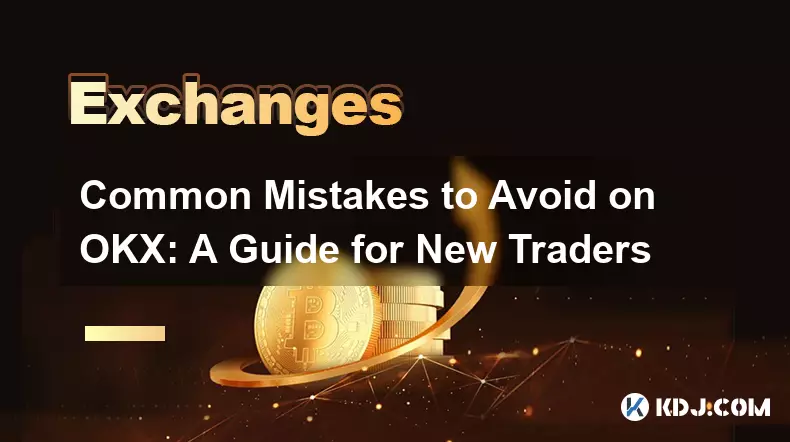
Common Mistakes to Avoid on OKX: A Guide for New Traders
Nov 04,2025 at 03:37pm
Understanding the Interface Before Trading1. New traders often jump into placing orders without fully exploring the OKX platform layout. Taking time t...

OKX TradingView Integration: A Guide to Advanced Chart Analysis
Nov 02,2025 at 03:37am
OKX and TradingView: Bridging the Gap for Professional Traders1. OKX, one of the leading cryptocurrency exchanges, has integrated with TradingView to ...
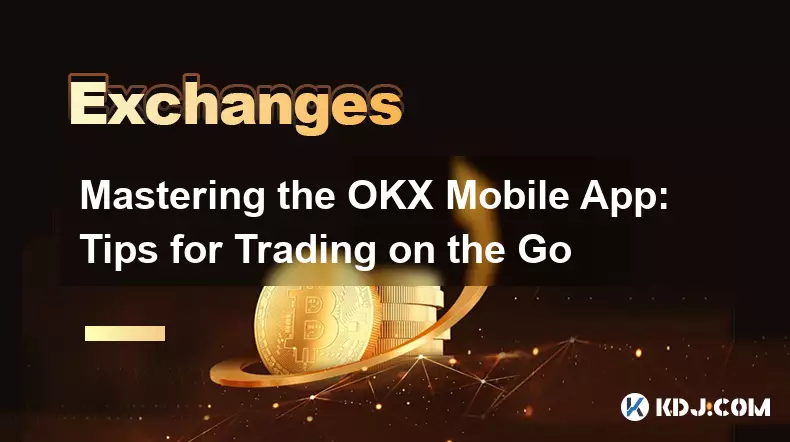
Mastering the OKX Mobile App: Tips for Trading on the Go
Nov 05,2025 at 01:19am
Streamlined Navigation for Efficient Trading1. The OKX mobile app features a clean and intuitive interface that allows traders to access key functions...
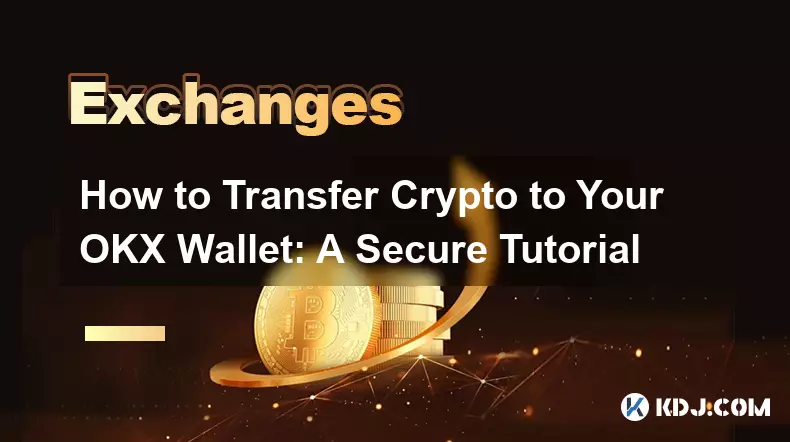
How to Transfer Crypto to Your OKX Wallet: A Secure Tutorial
Nov 04,2025 at 11:39pm
Understanding the Basics of Crypto Transfers to OKX1. Before initiating any transfer, it’s essential to understand that OKX supports a wide range of c...
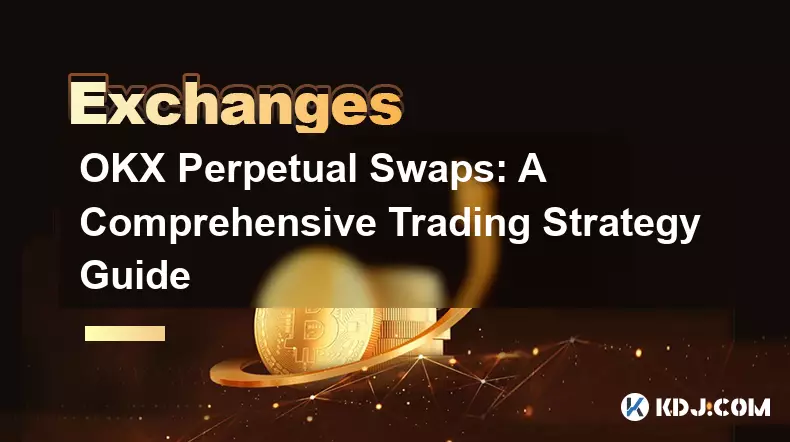
OKX Perpetual Swaps: A Comprehensive Trading Strategy Guide
Nov 04,2025 at 07:05pm
Understanding OKX Perpetual Swaps Mechanics1. Perpetual swaps on OKX are derivative contracts that allow traders to speculate on cryptocurrency price ...
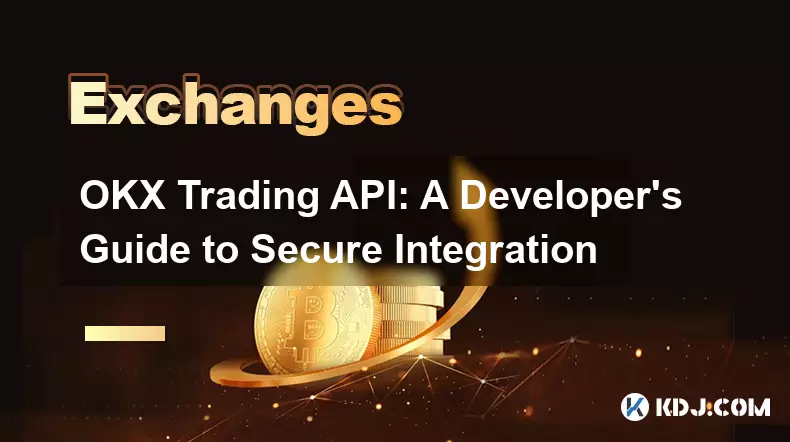
OKX Trading API: A Developer's Guide to Secure Integration
Nov 02,2025 at 01:01am
Understanding the OKX Trading API Infrastructure1. The OKX Trading API is built on REST and WebSocket protocols, enabling developers to access real-ti...

Common Mistakes to Avoid on OKX: A Guide for New Traders
Nov 04,2025 at 03:37pm
Understanding the Interface Before Trading1. New traders often jump into placing orders without fully exploring the OKX platform layout. Taking time t...

OKX TradingView Integration: A Guide to Advanced Chart Analysis
Nov 02,2025 at 03:37am
OKX and TradingView: Bridging the Gap for Professional Traders1. OKX, one of the leading cryptocurrency exchanges, has integrated with TradingView to ...

Mastering the OKX Mobile App: Tips for Trading on the Go
Nov 05,2025 at 01:19am
Streamlined Navigation for Efficient Trading1. The OKX mobile app features a clean and intuitive interface that allows traders to access key functions...

How to Transfer Crypto to Your OKX Wallet: A Secure Tutorial
Nov 04,2025 at 11:39pm
Understanding the Basics of Crypto Transfers to OKX1. Before initiating any transfer, it’s essential to understand that OKX supports a wide range of c...

OKX Perpetual Swaps: A Comprehensive Trading Strategy Guide
Nov 04,2025 at 07:05pm
Understanding OKX Perpetual Swaps Mechanics1. Perpetual swaps on OKX are derivative contracts that allow traders to speculate on cryptocurrency price ...

OKX Trading API: A Developer's Guide to Secure Integration
Nov 02,2025 at 01:01am
Understanding the OKX Trading API Infrastructure1. The OKX Trading API is built on REST and WebSocket protocols, enabling developers to access real-ti...
See all articles







































































